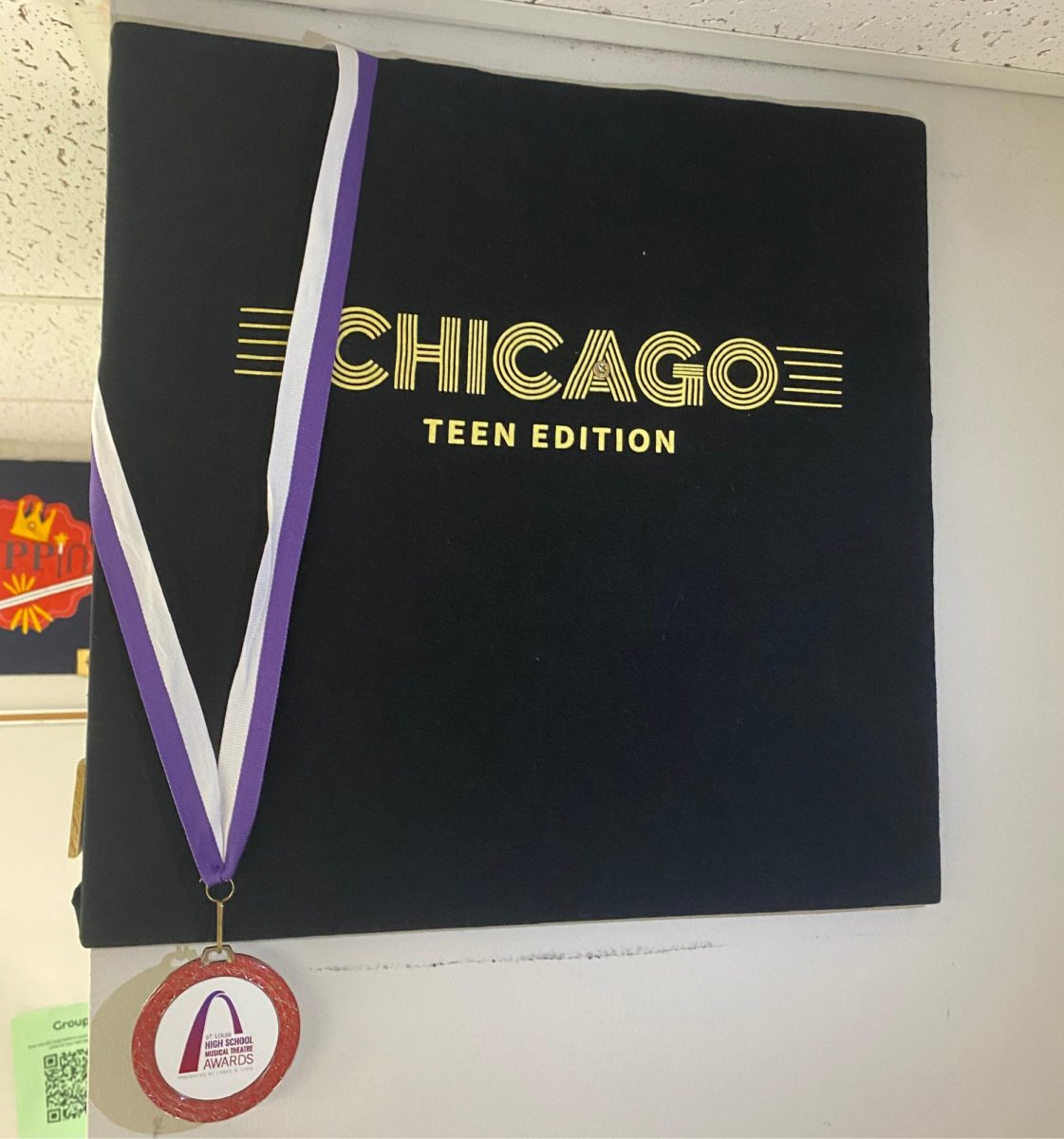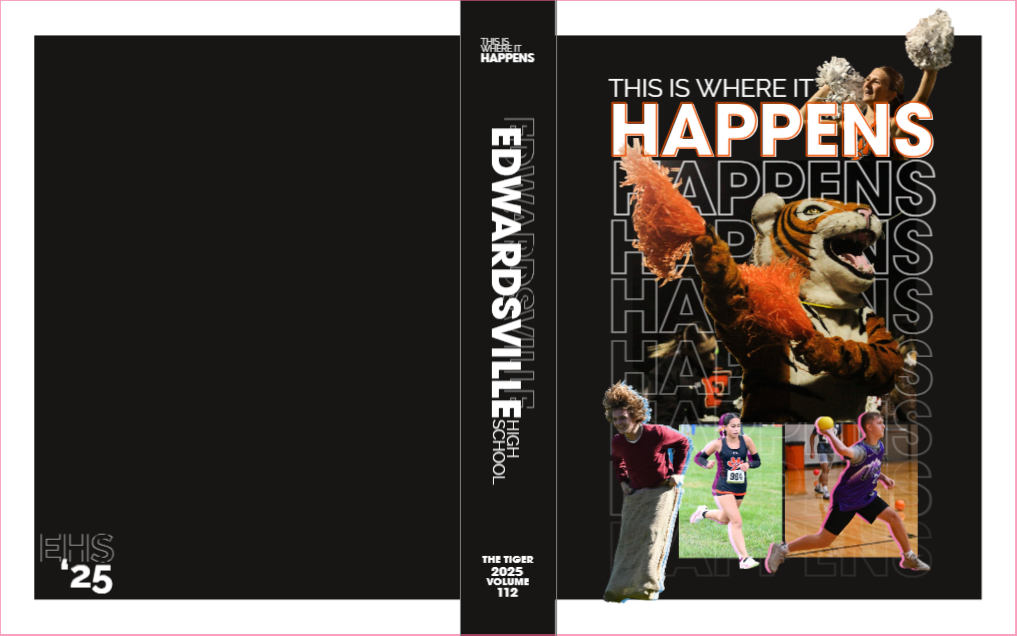Preparing for College: A Senior’s Nightmare
September 13, 2018
For high school seniors, first semester is full of writing essays, meeting deadlines and answering those big questions about the future. The process may seem scary to some, but it can be broken down into smaller steps.
EHS guidance counselor Chung Baker says the first thing students need to do is note all deadlines, including early and priority ones.
“It will always work in your favor to be part of that first batch of applications,” Mrs. Baker says.
Not only will an early start boost your chances of acceptance, but it may make your life easier now, according to senior Liz Mislan. Mislan has already completed her applications, and describes the result as “the most freeing feeling” that she can imagine.
Once deadlines are noted, Mrs. Baker says you must advocate for yourself and reach out to your counselor to ask for help if needed.
“Communication is the biggest key, whether you do it by email or come down for a physical visit,” Mrs. Baker says. “Anything to get stuff done earlier than later.”
Before you can begin filling out your application, you must research which applications your desired schools accept and decide which is best for you. The two main applications are the common application and the coalition application.
The common application is more widely used, accepted by 774 schools. But the coalition application attempts to provide more benefits to “lower-resourced and underrepresented students,” according to Veritas Prep. While less schools accept this application, it can be ensured that these institutes provide help to the students who need it most.
Whether you use the common or coalition, both applications will ask you for recommendation letters. Mrs. Baker says most colleges will ask for a letter from your counselor and a teacher, and some will allow one from another chosen source.
“I would probably diversify and get someone who knows you from different settings,” Mrs. Baker says. “The one in the classroom, at the workplace, at church, if you can.”
After you’ve selected your recommenders, the “courteous and sensible” thing to do is ask them at least two weeks in advance to write your letter, according to Mrs. Baker. And, she says to provide them a resume including all in and out-of-school activities you participate in.
For English teacher Heather Haskins, two weeks might not be enough. She says that teachers get busy with grading and planning, and time can run short when multiple students ask for letters.
With that in mind, Mrs. Haskins says to be sure you aren’t choosing a teacher just because they like you. Instead, pick someone who can speak to strengths you presented in their class.
“Really think about whose class you put some extra effort into,” Mrs. Haskins says. “Because you probably did something in there that they can comment on.”
While your recommenders are working on their writing, you can focus on yours. Mrs. Haskins reminds students that the application can reduce you to just a number, until it comes to your essays.
“You have to keep in the back of your mind, ‘How am I setting myself apart from the sea of students who look just like me on paper?’” Mrs. Haskins says.
However, Mrs. Haskins also warns to not be overly sentimental or boastful in your essays, but don’t sell yourself short either.
To ensure your essays are the best they can be before you submit your application, many proofreading and revising sessions must be done. The writing center is open before school, during fourth hour, and after school for students to use. Mrs. Haskins believes it is best to have multiple people read it, especially those who can look at it objectively.
“Your parents might not be the best people to read it because they think you’re great already…it doesn’t hurt to have someone who doesn’t know you super well to look at it,” Mrs. Haskins says.
Even after you press send on your application, the work is not done. Mrs. Baker encourages all students to look into as many scholarships as possible and research financial aid.
“All this information is out there,” Mrs. Baker says. “You have to actively seek it out.”
The process is lengthy, and it may change the way you think about your future, according to Mislan, who felt a “bit of a shock” to find herself planning the next five years of her life.
“It’s opened my eyes to the fact that I need to bridge the gap between dependent and independent,” Mislan says. “It really put into perspective how soon I will be fully responsible for myself.











